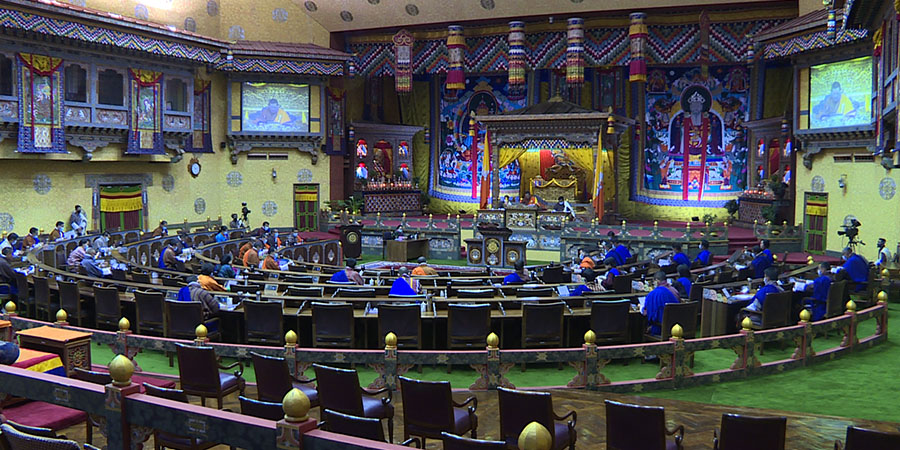
While re-deliberating on the Anti-Corruption (Amendment) Bill, the Members of the National Assembly did not support giving human resource independence to the Anti-Corruption Commission. Giving human resource independence was the National Council’s recommendation.
The members of the National Assembly shared that the commission should determine the organizational structure in consultation with the RCSC and administer it independently.
As per the ACC’s annual report 2020-2021, 24 new staff with diverse experiences and position levels joined the ACC. On the other hand, 14 officials resigned from office.
“If they specify how the shortage affects the work, then we should support it. So, without those, we cannot support the recommendation. RCSC is mandated to provide a human resource as per the constitution and I think we shall keep like the National Assembly’s recommendation,” said Dr Tandi Dorji, Foreign Minister.
“RCSC said ECB has human resource autonomy. But RCSC said there are manpower shortages and a lack of training. Those are the shortcomings of being human resource independent,” said Ugyen Tshering, NA’s Good Governance Committee’s member.
“The corruption rate is increasing and there is a lack of manpower in ACC. Strengthening human resources is important. However, I support the NA’s Good Governance Committee’s recommendation,” said Jurmi Wangchuk, Drukjeygang-Tseza’s MP.
The National Council’s recommendations which have not been passed by the National Assembly will now be deliberated in a Joint Sitting.
The National Assembly also deliberated on the NC’s recommendations on the four Money Bills which are the Fiscal Incentives Bill of Bhutan 2021, Customs Duty (Amendment) Bill of Bhutan 2021, the Tax Bill of Bhutan 2021, and the Goods and Services Tax (Amendment) Bill of Bhutan 2021.
The house adopted all the Bills through voting.
Tshering Zam
Edited by Yeshi Gyaltshen







